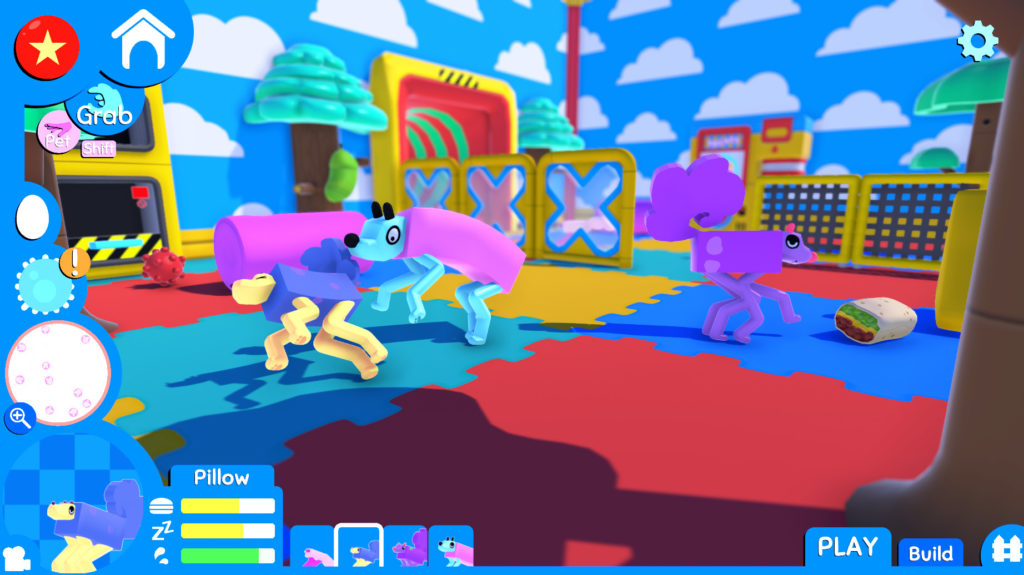alienmelon is Nathalie Lawhead, a desktop toy creator who’s made a lot of cool things, like the Electric Zine Maker and Cyberpet Graveyard. Back in 2021 she made this great roundup of her own desktop toy work, as well as that of others. It was a whole field of computer software, not really games, that faded into obscurity right around the time that social media, that bane of all good internet things, started becoming big. Desktop toys were often distributed on personal websites, and Facebook and Twitter tend to muscle out those kinds of places.

Some of the toys she’s made are the Electric Love Potatoes, virtual stray cats, fake virus checkers, love stories between the files on your computer, and RUNONCE, a virtual pet you can only play with a single time, after which it’s dead and gone, refusing to run again.
The article lists all of these, but with that it’s just getting started, linking to a plethora of old toys. One that comes to mind personally is the classic Neko desktop pet, a pixel-art kitty cat that would chase your cursor then fall asleep.
It’s a great introduction to/recollection of an old and vanished age of software. And it also contains the phrase, “In retrospect I don’t think it was cool of me to scare my mom with a potato.”
Make Tiny Weird Software, Please! (all about desktop pets, old computer eras, and virtual toys)

